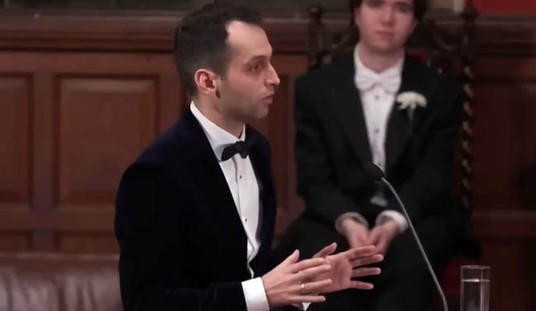In my analyses of the homebuyer tax credits issued, renewed, and expanded by Democrats in response to the housing market collapse, I called it a waste of taxpayer money that only incentivized those already inclined and qualified to buy, skewed demand, and put off a much-needed correction in pricing. I left out something that the Wall Street Journal’s Smart Money noticed in Monday’s Zillow report, which is that it turned out to be a pretty bad deal for those who used the credit as well as taxpayers. Thanks to the artificially higher home prices that the tax credits provided, buyers have lost almost twice as much in value as the credit itself, and in some cases 150% more:
The government’s recent $8,000 cash incentive for first-time home buyers has proved even more costly for recipients than for taxpayers, according to data released Monday. Typical buyers have lost twice as much to price declines as they received from the program.
The median home value fell to about $170,000 in March from $185,000 a year earlier, according to Zillow.com. That means a buyer who closed on a house just before the tax-credit program expired in April 2010 collected $8,000 but has since lost $15,000 in value. Those who bought earlier in the program have done worse; the median price is down $20,000 from March 2009.
Of course, one doesn’t actually lose money on an asset until it’s sold. Eventually, housing prices will start to rise again, and the loss will be absorbed, as long as the homeowners don’t have to move in the meantime. Still, the program created more negative equity for homeowners, a problem that was already becoming an epidemic, and housing prices are still falling as a result.
That matters in this case. Most of these buyers were likely to have bought anyway, as the steep, immediate drop in demand after the expiration of the tax credits suggested, just as in the Cash for Clunkers program. But they may have waited for prices to hit a rational level if the taxpayer subsidy hadn’t been dangled in front of them. Prices would not have artificially remained in place either way, so even if they were inclined to buy in the same or next quarter, they would not find themselves quite as deeply underwater as they are now. For those who have to sell early, that may be enough to determine whether their next home decision is to purchase or to rent — and whether to default or to honor their loan.
Jack Hough says the administration owes taxpayers and homebuyers an apology, and drafts one for the White House to use:
“We thought the $8,000 tax credits would raise house prices and spur the economy. We were wrong. For starters, it makes no sense for a housing affordability program to have the stated goal of raising prices, because higher prices mean less affordability, not more. Another thing: The program didn’t work. We squandered taxpayer cash, increased the debt and lured many Americans into losses. We’re deeply sorry. We’ll try not to repeat the mistake. If anything, in light of America’s daunting fiscal challenges, we’re going to consider sun-setting costly, existing programs that lure house buyers, like the mortgage interest deduction and capital gains exemption, which together are more than 10 times as expensive as the expired tax credit program, costing about $1,200 per household last year alone.”
I’m sure they’ll get right on it … right after their apologies for the failure of Porkulus, Cash for Clunkers, the FY2011 budget, the FY2012 budget (both versions) ….









Join the conversation as a VIP Member